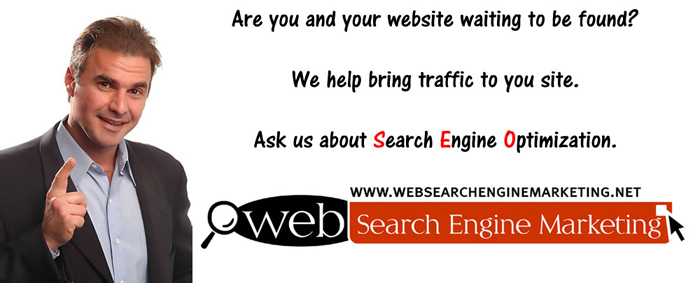Every day, all around the world, millions of people use search engines to find content on the Internet. Search engines are web-based programs which index the web and allow people to find what they are looking for. “Search” or “search marketing” is often used to refer to the industry that has built up around search engines. Google, Yahoo! and Microsoft’s Bing are all well-known search engines. Google is the largest player globally, though dominance varies by region and is under threat from new players to the market. Based on data accessed in July 2011 Google has 85.72% of the search market globally.
When we talk “search”, we refer to two different kinds of results:
When we talk “search”, we refer to two different kinds of results:
Organic search results
Organic search results are the primary product of a search engine. These results are the listings generally found on the left hand side on the search engine results pages (SERPs). They are not influenced by financial payment and are therefore also called natural search results. Organic search results need to be consistently reliable to attract (and keep) users. Google’s growth and success as a search engine can be directly linked to its superior search algorithm which returns highly relevant organic results.
Paid search results
Paid search, also known as Pay per Click (PPC) advertising, involves the displaying of sponsored results alongside the organic results. Advertisers bid for placement, and pay the search engine when their advert is clicked on.









